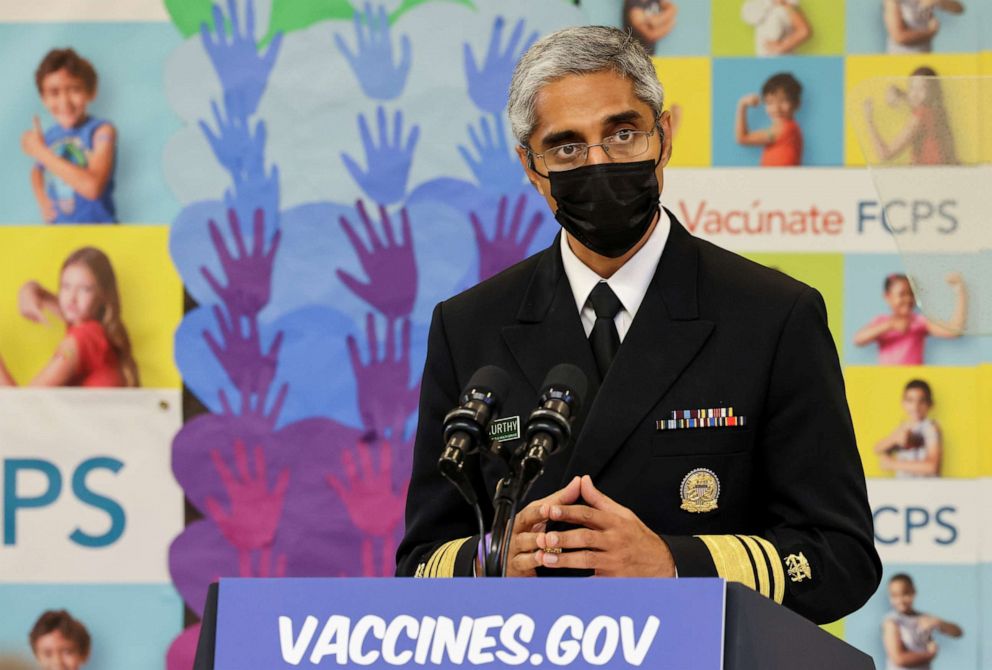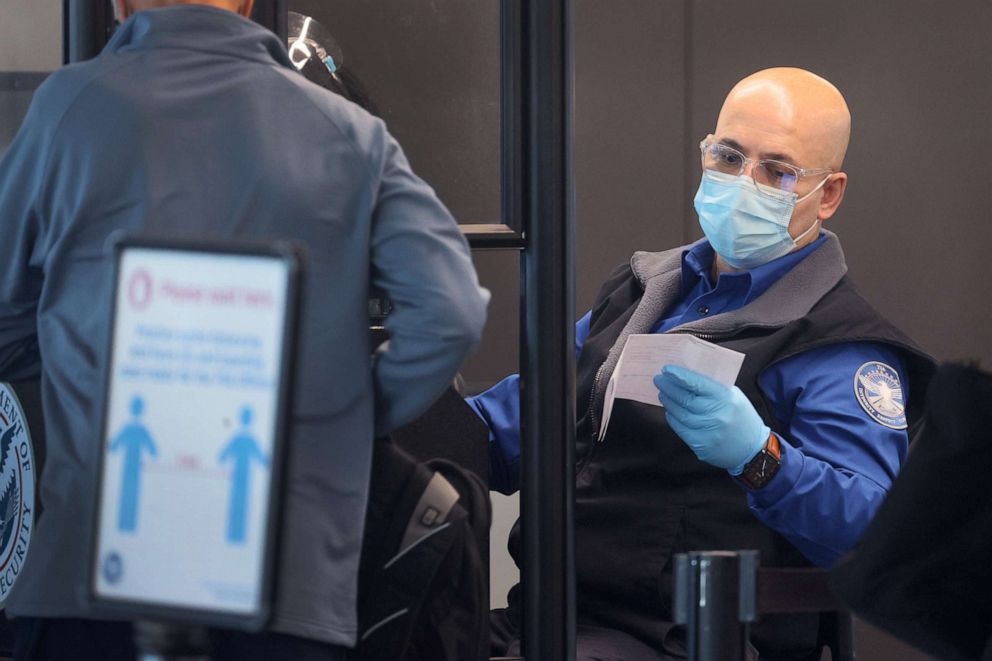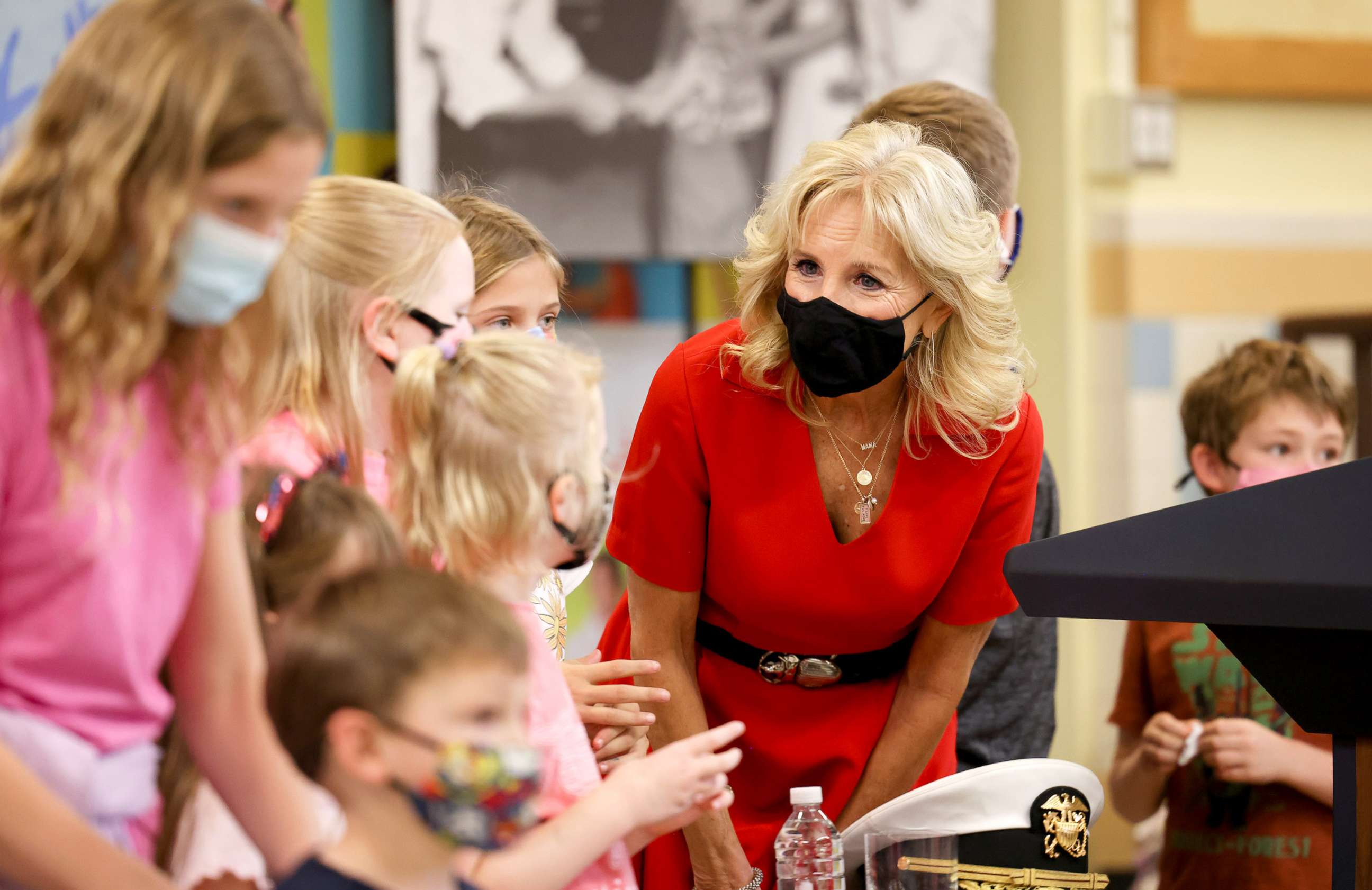US surgeon general releases guide to combating COVID-19 vaccine misinformation
The U.S. government's top doctor released a step-by-step toolkit on Tuesday morning to help people combat misinformation about COVID-19 vaccines in their own close circles.
"We need people in communities all across our country to have these conversations," Surgeon General Vivek Murthy told ABC News. "This is not just the government that needs to be engaged in these conversations. If anything, it's individuals who have people they trust in their lives who have great power when it comes to helping them move our vaccination rates in the right direction."
The guide provides a road map for vaccinated people to talk to unvaccinated people who have bought into conspiracy theories or lies that spread on the internet about the COVID-19 vaccines.
Over the summer, the surgeon general issued an advisory that called misinformation an urgent public health threat.
The toolkit, which Murthy hopes will be used by health professionals, faith leaders, teachers or parents with children newly eligible for the shot, is the next step in addressing the ongoing problem. November polling from the Kaiser Family Foundation showed that nearly eight in 10 adults have come across false statements about COVID-19 and have either believed them or been unsure if they were true.
"During the COVID 19 pandemic, misinformation has in fact cost people their lives. So we don't have an option to give up," Murthy said.

The information released Tuesday encourages people to talk in person instead of online. One section is even entitled "If you're not sure, don't share!"
It includes discussion questions and illustrations explaining why people share misinformation or what a hypothetical conversation around misinformation could look like. The recommended approach relies heavily on listening, providing empathy and avoiding shame.
"When talking with a friend or family members, emphasize the fact that you understand that there are often reasons why people find it difficult to trust certain sources of information," the guide states.
-ABC News' Cheyenne Haslett






